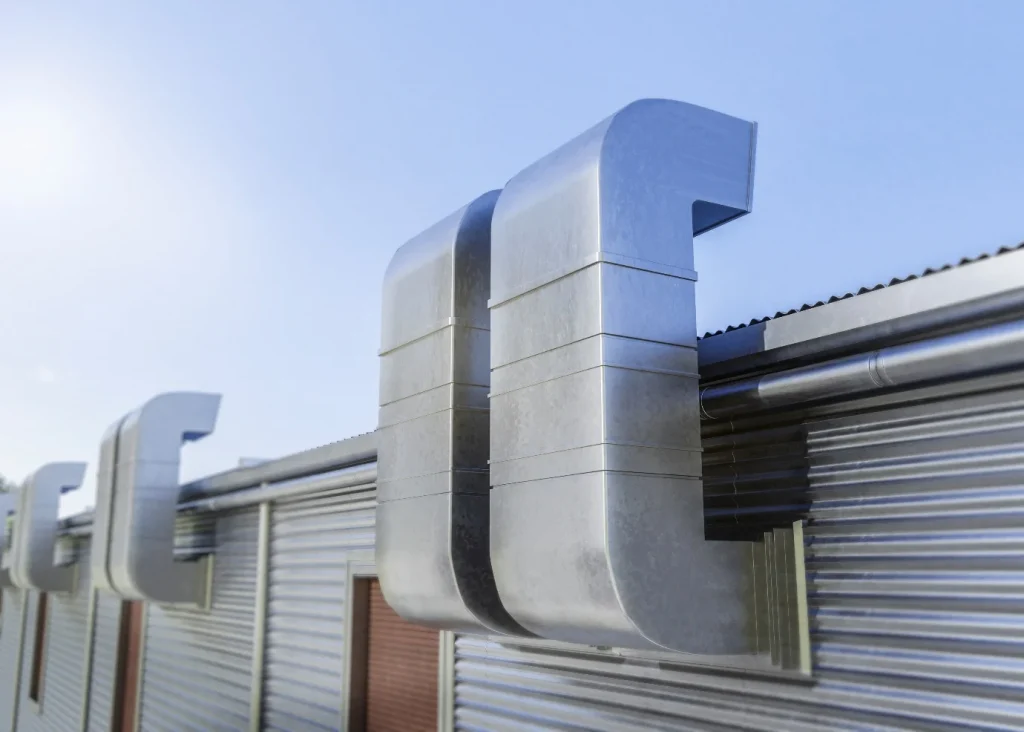Florida is known for its year-round sunshine, humid summers, and sudden heavy rains. Homeowners here often focus on strong roofing materials, hurricane protection, and insulation. However, one critical aspect that is frequently overlooked is roof ventilation. Companies like Worthmann Roofing understand how proper ventilation can make a significant difference in the longevity and performance of your roof in Florida’s climate.
Why Roof Ventilation Matters
Roof ventilation allows a continuous flow of outside air through the attic. This airflow helps regulate temperature and moisture levels within the attic space. Without ventilation, heat and humidity become trapped under the roof, leading to multiple issues, notes Keyrenter South Florida solutions.
In a humid state like Florida, moisture buildup is a major concern. The heat and humidity combination can damage the structural integrity of the roof over time. Ventilation prevents moisture from condensing in the attic, reducing risks of rot, mold growth, and insulation damage.
Reducing Heat Build-Up
During summer, attic temperatures can soar up to 150°F. This extreme heat transfers into living spaces below, forcing your air conditioner to work harder. Consequently, energy bills rise steeply.
Proper ventilation expels hot air from the attic, reducing the overall indoor temperature. This helps maintain a comfortable home environment and prevents your cooling system from overworking, extending its life and saving you money on repairs and electricity bills.
Don’t stop here—take a look at what else we’ve got for you!
Preventing Moisture Damage
Florida’s climate often causes high humidity levels throughout the year. If the attic is poorly ventilated, warm air trapped inside meets the cooler surfaces of the roof. This results in condensation, leading to moisture buildup.
Moisture can deteriorate wooden structures, rust metal fixtures, and weaken nails and fasteners. Over time, this compromises the entire roofing system’s strength. Mold and mildew growth thrive in such conditions, which is hazardous for the health of residents. Good ventilation ensures moist, warm air is consistently expelled from the attic, keeping it dry and safe.
Extending Roof Lifespan
The materials used in roofing, especially asphalt shingles, can deteriorate quickly when exposed to prolonged heat and moisture. Shingles may curl, crack, or lose granules, and underlayment may warp or bubble, leading to leaks.
Ventilation plays a key role in preventing premature aging of roofing materials. By maintaining consistent temperatures and reducing moisture buildup, ventilation protects your investment, saving you from costly repairs or early roof replacement.
Improving Indoor Comfort
Apart from protecting the roof itself, ventilation enhances overall indoor comfort. Hot attics act like radiators, making upper floors unbearable during Florida summers. Proper airflow prevents excessive heat transfer into living spaces, keeping temperatures balanced throughout the home.
Additionally, it helps prevent ice dams during occasional cold spells in North Florida by keeping attic temperatures consistent with outdoor conditions. Though rare, such prevention protects your roof structure further.
Ensuring Energy Efficiency
Homeowners today prioritize energy efficiency for financial and environmental reasons. Ventilating your roof correctly reduces the strain on air conditioning systems, lowers energy consumption, and maintains indoor comfort with less reliance on cooling units.
This not only cuts down your electricity bill but also reduces carbon footprint, making your home eco-friendlier.
Professional Installation is Key
While some homeowners attempt to improve ventilation on their own, professional assessment and installation ensure proper balance between intake vents (such as soffit vents) and exhaust vents (like ridge or gable vents). An imbalance could worsen the problem rather than solve it.
Roofing professionals assess your home’s unique design, roof type, attic size, and local climate to recommend and install the right ventilation system that meets Florida building codes and efficiency standards.
Final Thoughts
Proper roof ventilation is not an option but a necessity in Florida’s humid, hot climate. It safeguards your roof, improves indoor comfort, enhances energy efficiency, and prevents moisture-related damage.
If you’re concerned about your attic’s ventilation or planning a roof replacement, consult experienced professionals who can guide you with tailored solutions. Remember, a well-ventilated roof protects not only your home but also your family’s health and your finances in the long run.
Browse all categories in one place by returning to 2A Magazine.







